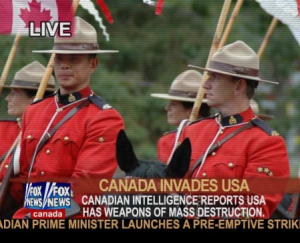Several passages from Dustin Griffin’s landmark study. . .
“According to consensus, satire is a highly rhetorical and moral art. A work of satire is designed to attack vice or folly. To this end it uses wit or ridicule. Like polemical rhetoric, it seeks to persuade an audience that something or someone is reprehensible or ridiculous; unlike pure rhetoric, it engages in exaggeration and some sort of fiction. But satire does not forsake the “real world” entirely. Its victims come from that world, and it is this fact (together with a darker or sharper tone) that separates satire from pure comedy. Finally, satire usually proceeds by means of clear reference to some moral standards or purposes” (Griffin 1).
Dryden’s Discourse, was “codified into typically Augustan binary formulas: Horace versus Juvenal, comic verus tragic satire, specific versus general satire, raillery versus chastisement, vice versus folly. . . John Dennis is characteristic: ‘Horace argues, insinuates, engages, rallies, smiles, Juvenal exclaims, apostrophizes, exaggerates, lashes, stabs” (Griffin 24).
“As a committed Christian moralist, Erasmus prepares the reader to make choices and to take actions . . . [like More] “a process of educative testing, variously playful or hostile, whereby the moral intelligence of the public was to be trained by being subjected to attempts to undermine or confuse it. . . . Inquiry for its own sake has no value. . . Erasmus seeks not to leave his reader in suspended judgment, in a state of musing doubt and irresolution, but to urge him toward a better choosing” Griffin 56)
The goal of the theorist of satire (as I see it) is not to arrive at elegant and irrefutable definitions of satire as a genre but to enable readers of satire to become more attentive, to enable them to seen an interplay of impulses and effects in a text that—whether written now or five hundred years ago—may or may not have been called “satire” on the title page. . . . Satire is in my view rather an “open” than a “closed” form, both in its formal features (particularly in its reluctance to conclude) and in its more general rhetorical and moral features, in its frequent preference for inquiry, provocation, or playfulness rather than assertion and conclusiveness. (Griffin 186)

